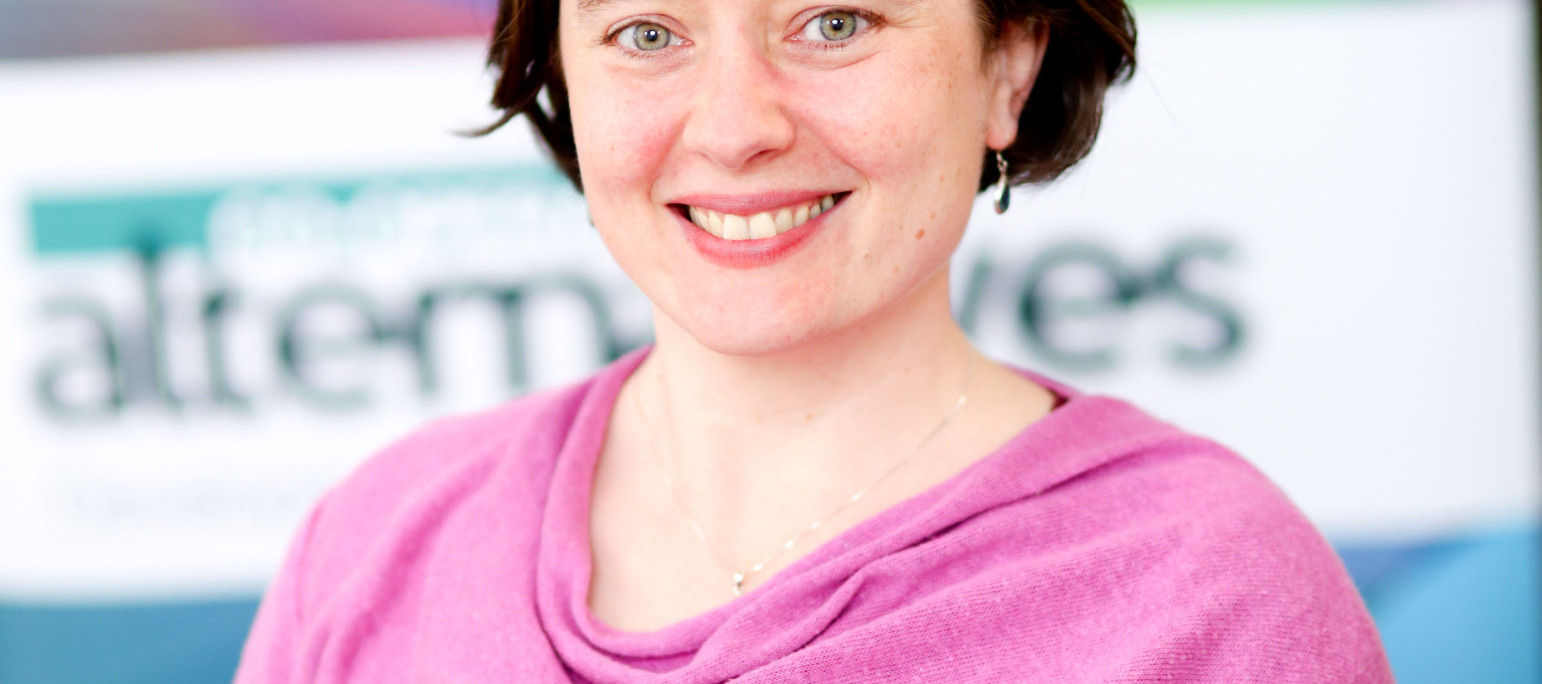
Why Community Shares should be supported
As interest in Community Shares in Northern Ireland continues to build, Co-Operative Alternatives Chair Jo Bird makes a case for increased funding to continue to develop this financial model here.
In order to get the same support per head of the population from the Big Lottery and Government currently being provided in England, Northern Ireland would be entitled to £964,000 per year. This is the way to give Northern Ireland a level playing field.
Jo, who has worked with hundreds of co-operatives and is an expert in Community Share offers as a finance model, has produced a detailed report – Growing Community Shares: Infrastructure support in Northern Ireland and UK, 2009-2015 – outlining the impact and support to date and makes recommendations for the future.
She writes:
Community shares are an innovative and increasingly valuable way to start, expand and run community owned businesses – such as shops, sports clubs, renewable energy, community assets and services, as well as innovations like green burials. Their purpose is community benefit – rather than private profit.
Community shares have unique advantages over loans – including patient capital invested for at least three years for little or no interest. The UK government matches most purchases of community shares, bringing fresh income to communities. HMRC’s Seed Enterprise Investment Scheme refunds 50% of investment from individuals.
The rapid growth in community shares in Britain continues to be supported by infrastructure agencies such as the Community Shares Unit (CSU), and the Plunkett Foundation. Before the Community Shares Unit existed, there were around 5 community shares offers per year – since 2009, the average is 55 offers per year.
However Northern Ireland has lagged behind in terms of proper structured support. While support began in England in 2009, Co-Operative Alternatives began work, with the support of the Building Change Trust, in 2013.
Since 2009, Co-operatives UK have delivered £1 million of community shares programmes in England and Wales, through the Community Shares Unit.
The Big Lottery and other funders are clearly convinced that community shares are an integral and essential part of their agenda going forwards. Just three programmes – Power to Change, the Access Foundation and Big Potential –have Lottery and government funding in England of over £270 million for community enterprise and investment readiness.
There are no equivalent programmes for community enterprise in Northern Ireland. If Lottery funding was proportionate per head of population, funding for Northern Ireland would be £9,643 million or £964,000 per year for ten years.
Co-operative Alternatives and five Co-operative and Community Benefit Societies have proven the community shares model works in Northern Ireland.
In the last year, Co-operative Alternatives has supported four Co-operative and Community Benefit Societies that have launched community share offers. Two craft brewery co-operatives, a solar energy society and a green burial society. Together, they have raised over £365,000 by recruiting 800 members.
Recommendations:
- It is recommended that the Building Change Trust, Lottery and government in Northern Ireland learns from best practice in Britain regarding community enterprise and investment readiness.
- Pro-rata funding would be £964,000 per year for ten years for a programme with a significant element of community shares.
- It is recommended that UK-wide programmes involve agencies based in Northern Ireland at an early stage of project design. Funders of UK-wide programmes should make partnership with Northern Ireland organisations a pre- condition for funding.
- It is recommended that statutory and regulatory bodies seek to address create equivalence between NI and Britain.
Northern Ireland has its own unique challenges to overcome in order to build a strong co-operative sector funded by Community Shares. This includes economic, political, social, technical and legal issues. With a level playing field in terms of support, these issues can be overcome to the benefit of everyone in every community.
About the author
Jo Bird has been a successful and practical co-operator since 1993, working with hundreds of co-operatives in the North of England, from her previous base in Manchester. During 2011-13, she led the Co-operative Enterprise Hub programme in Northern Ireland. Since 2014, she has been based in Derry/Londonderry and chair of Co-operative Alternatives. Jo’s full report can be downloaded on http://www.coopalternatives.coop/resources/

 Exciting New Project: Co-operatives Build a Better World in Northern Ireland!
Exciting New Project: Co-operatives Build a Better World in Northern Ireland!